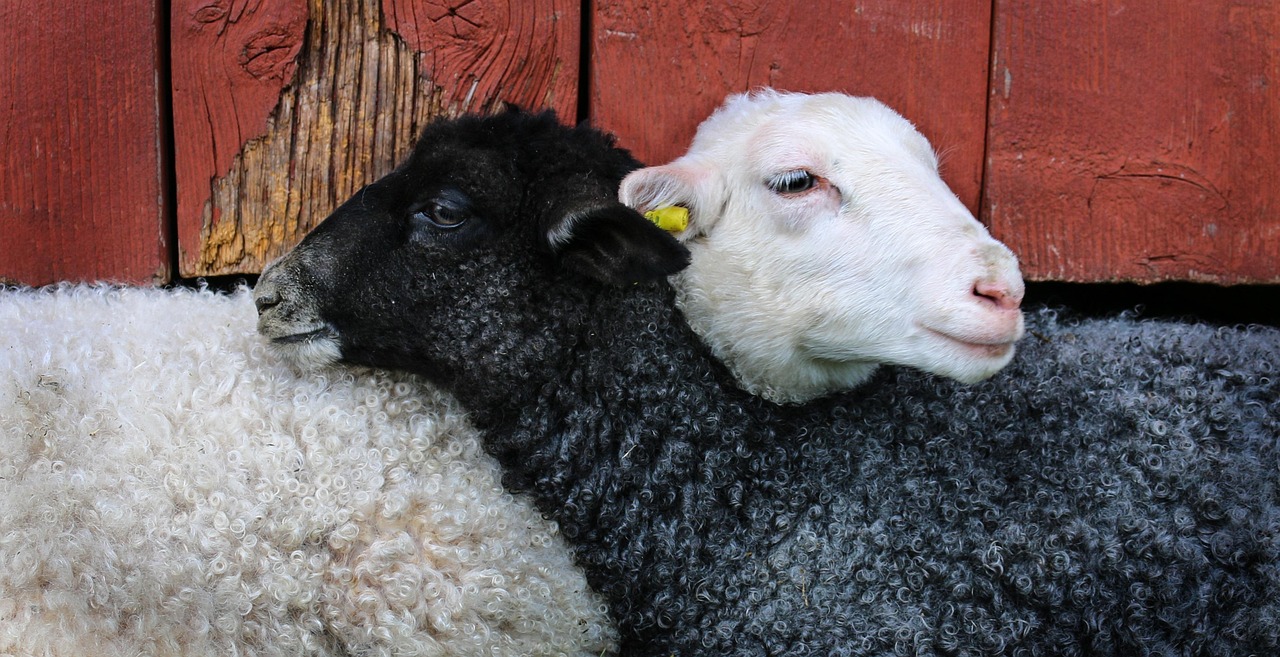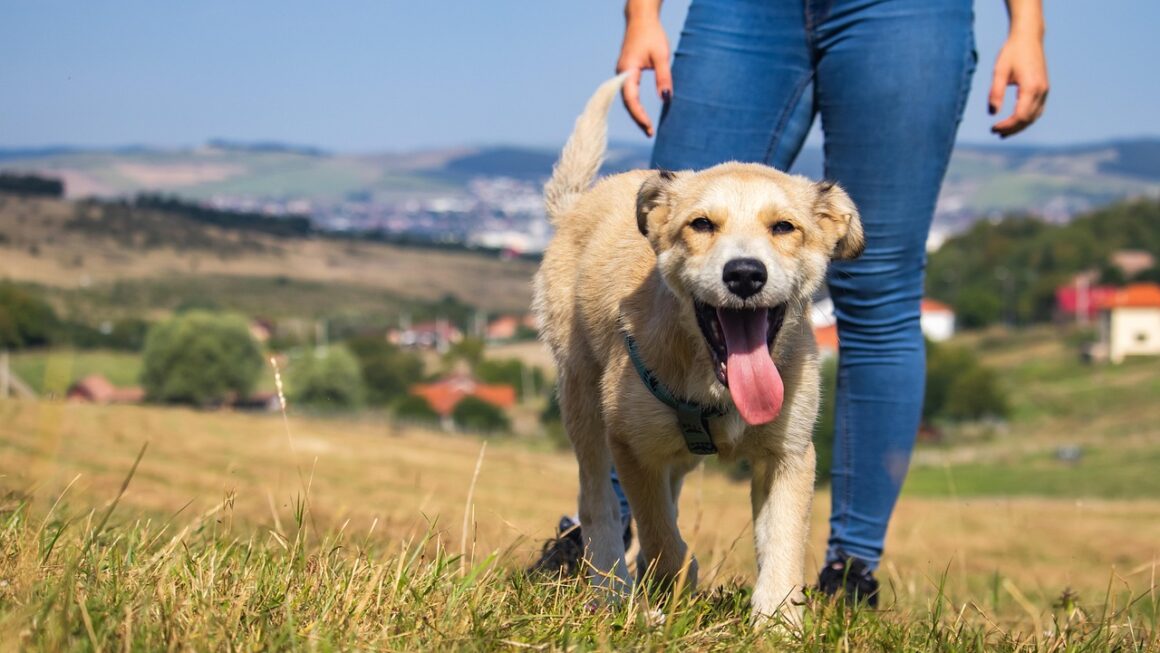Friendships are the cornerstones of a fulfilling life, and among them, the best friend relationship stands out as something truly special. It’s a bond built on trust, shared experiences, and unwavering support. This isn’t just someone you grab coffee with occasionally; a best friend is your confidante, your partner-in-crime, and the person you can always count on, no matter what life throws your way. This blog post explores the intricacies of the best friend relationship, examining its significance and providing insights into nurturing and maintaining this invaluable connection.
The Importance of a Best Friend Relationship
A best friend relationship offers profound benefits that contribute significantly to your overall well-being. These connections provide a sense of belonging, emotional support, and opportunities for personal growth.
Emotional Well-being
A true best friend acts as an emotional anchor, providing a safe space to express your vulnerabilities and insecurities without judgment. Studies have shown that strong social connections, including close friendships, correlate with reduced stress levels and improved mental health.
- Reduced anxiety and depression: Knowing you have someone to lean on during tough times can significantly ease anxiety and depression.
- Increased self-esteem: A best friend’s belief in you can boost your self-esteem and confidence.
- Improved coping mechanisms: Sharing your problems with a best friend can help you develop healthier coping strategies.
- Example: Imagine you’re facing a difficult decision at work. Instead of feeling overwhelmed and alone, you can turn to your best friend for advice and support. They can offer an objective perspective and help you weigh the pros and cons, ultimately reducing your stress and helping you make a more informed decision.
Social Support and Belonging
Best friend relationships provide a strong sense of social support and belonging, fulfilling a fundamental human need for connection. This sense of belonging contributes to a stronger sense of identity and purpose.
- Increased sense of community: Feeling connected to someone makes you feel more connected to the world around you.
- Reduced feelings of loneliness: Knowing you have someone who cares about you can combat feelings of loneliness and isolation.
- Improved social skills: Interacting with a best friend regularly helps hone your social skills and communication abilities.
- Example: Attending a social event alone can be daunting. But having your best friend by your side can make it a much more enjoyable experience. They provide a sense of security and help you navigate social situations with greater ease.
Personal Growth and Development
A best friend can challenge you to step outside of your comfort zone, encourage your aspirations, and provide honest feedback for personal growth. Their influence can be a catalyst for positive change in your life.
- Increased self-awareness: Best friends often offer insights into your personality and behaviors that you may not be aware of.
- Encouragement to pursue goals: A supportive best friend can motivate you to pursue your dreams and overcome obstacles.
- Constructive criticism: A true friend will offer honest feedback, even when it’s difficult to hear, to help you grow and improve.
- Example: Perhaps you’ve always wanted to start your own business but lack the confidence. A best friend can provide the encouragement and support you need to take the leap. They can help you brainstorm ideas, develop a business plan, and celebrate your successes along the way.
Qualities of a Strong Best Friend Relationship
While every friendship is unique, certain qualities are consistently present in strong and lasting best friend relationships.
Trust and Honesty
Trust is the bedrock of any successful relationship, and it’s particularly crucial in a best friend connection. Honesty is a close companion to trust; you should feel comfortable being truthful with your best friend, even when it’s difficult.
- Confidentiality: Being able to share secrets and vulnerabilities without fear of judgment or betrayal.
- Reliability: Knowing that your best friend will be there for you when you need them.
- Transparency: Being open and honest about your feelings and intentions.
- Example: If you’ve made a mistake that could impact your friend, honesty requires you to be upfront about it, even if it’s uncomfortable. A best friend will appreciate your honesty and work with you to find a solution.
Mutual Respect and Acceptance
Respecting each other’s opinions, values, and boundaries is essential for a healthy best friend relationship. Acceptance means embracing each other’s flaws and imperfections without trying to change them.
- Appreciating differences: Recognizing and valuing each other’s unique perspectives and backgrounds.
- Setting boundaries: Respecting each other’s personal space and limits.
- Avoiding judgment: Accepting each other for who they are, without trying to impose unrealistic expectations.
- Example: You and your best friend may have different political views. However, you can still maintain a strong friendship by respecting each other’s opinions and engaging in respectful dialogue, even when you disagree.
Shared Interests and Values
While not always essential, having shared interests and values can strengthen the bond between best friends. These commonalities provide opportunities for shared experiences and deeper understanding.
- Hobbies and activities: Enjoying similar hobbies and activities together.
- Moral and ethical values: Sharing similar beliefs about right and wrong.
- Life goals and aspirations: Having aligned goals and aspirations for the future.
- Example: If you and your best friend both love hiking, you can plan regular hiking trips together, creating shared memories and strengthening your bond.
Nurturing and Maintaining a Best Friend Relationship
Building a strong best friend relationship takes time and effort. It requires consistent nurturing and a commitment to maintaining the connection over the long term.
Prioritize Communication
Open and honest communication is crucial for maintaining a healthy best friend relationship. Make an effort to stay in touch regularly, even when life gets busy.
- Regular check-ins: Schedule regular calls or video chats to catch up.
- Active listening: Pay attention to what your best friend is saying and show genuine interest in their life.
- Expressing appreciation: Let your best friend know how much you value their friendship.
- Example: Send a quick text message to your best friend to see how they’re doing, even if you don’t have time for a lengthy conversation. Small gestures of communication can go a long way in maintaining the connection.
Make Time for Shared Experiences
Creating shared memories through shared experiences is a great way to strengthen your bond.
- Plan outings: Go to movies, concerts, or sporting events together.
- Travel together: Take a weekend trip or a longer vacation together.
- Engage in hobbies together: Participate in activities that you both enjoy.
- Example: Plan a monthly dinner date with your best friend to catch up and enjoy each other’s company.
Show Support During Difficult Times
Being there for your best friend during difficult times is a true testament to the strength of your bond. Offer a listening ear, practical assistance, and unwavering support.
- Offer a listening ear: Be present and attentive when your best friend is sharing their problems.
- Provide practical assistance: Offer to help with tasks or errands.
- Offer emotional support: Let your best friend know that you care and that you’re there for them.
- Example: If your best friend is going through a divorce, offer to help them with tasks such as moving or childcare. More importantly, be there to listen and offer emotional support during this challenging time.
Handling Conflict in a Best Friend Relationship
Even the strongest friendships experience conflict from time to time. Learning how to navigate disagreements constructively is essential for maintaining a healthy relationship.
Address Issues Directly
Avoid letting resentment build by addressing issues directly and respectfully.
- Choose the right time and place: Find a time and place where you can talk openly and honestly without distractions.
- Use “I” statements: Express your feelings and concerns using “I” statements, such as “I feel hurt when…”
- Avoid blaming and accusations: Focus on expressing your own feelings and needs, rather than blaming your best friend.
- Example: Instead of saying “You always interrupt me when I’m talking,” try saying “I feel like I’m not being heard when I’m interrupted.”
Practice Forgiveness
Holding onto grudges can damage your friendship. Practice forgiveness, both for your best friend’s mistakes and for your own.
- Acknowledge the hurt: Acknowledge the pain that the conflict has caused.
- Let go of resentment: Make a conscious effort to let go of the anger and resentment you’re feeling.
- Focus on the future: Focus on rebuilding trust and moving forward.
- Example: If your best friend accidentally revealed a secret, acknowledge that you’re hurt, but then forgive them and move on.
Seek Professional Help if Needed
If you’re struggling to resolve conflicts on your own, consider seeking professional help from a therapist or counselor.
- Mediation: A therapist can help you and your best friend communicate more effectively and resolve conflicts.
- Individual therapy: Individual therapy can help you work through your own issues and develop healthier relationship patterns.
- Example: If you and your best friend are constantly arguing about the same issues, a therapist can help you identify the underlying causes of the conflict and develop strategies for resolving them.
Conclusion
A best friend relationship is a precious gift that enriches our lives in countless ways. From providing emotional support and a sense of belonging to fostering personal growth and development, these connections are essential for our overall well-being. By nurturing these relationships with trust, honesty, communication, and support, we can ensure they thrive and provide us with a lifetime of joy and companionship. Remember that maintaining these bonds takes effort, but the rewards are immeasurable. So, reach out to your best friend, express your appreciation, and continue to cultivate a friendship that will stand the test of time.




